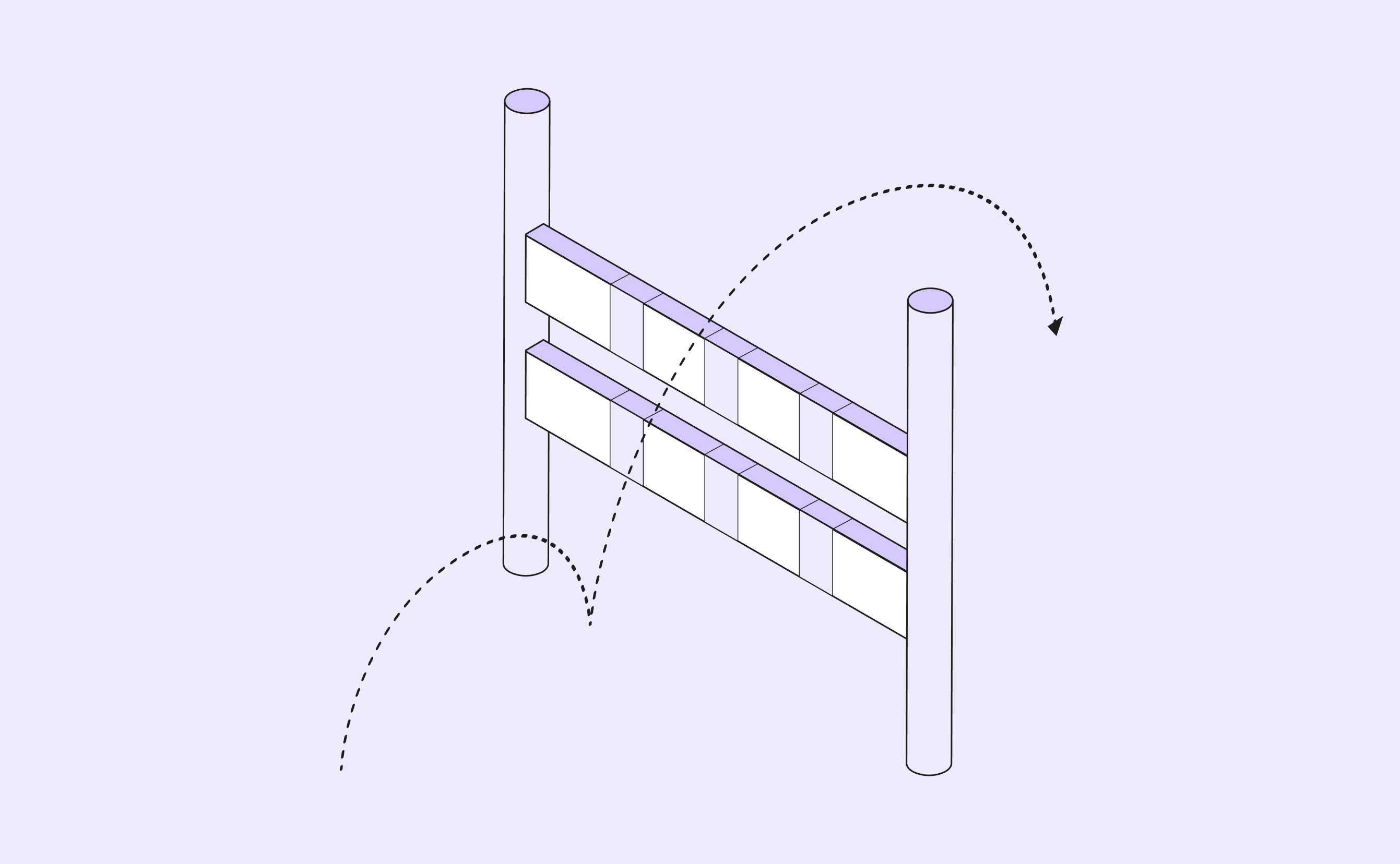Every working person should be networking. Whether freelancing or employed, spinning a web of professional networks will attract the right kind of connections that could stick with you for a long time. These connections might help you in the immediate: advice from an ex colleague on a current project, and in the long-term: connections within other industries offering you the job you’ve always wanted.
5 tips for better professional networks

What is a professional network?
A professional network is a relationship with a person who possesses valuable knowledge or resources you don’t have. The term can also be extended to include a community of professionals, each with the opportunities to exchange resources and knowledge when they need it.
Contact vs relationship
Why network?
Networking is not only the establishment of professional contacts, but the continued maintenance of them.
What’s the best way to network?
Just because networking is professionally minded, doesn’t mean you can’t approach it like you would a budding friendship. The ideal network is one in which everyone is comfortable to speak freely in a supportive environment. Doesn’t that sound like you and your friends?
Building professional networks: 5 tips
Some may have an innate talent for networking that makes starting out a lot easier. That doesn’t mean everyone else can’t learn to do it well.
1. Understand your goals
What are you looking to gain from your network? Are you job hunting, collecting clients, looking for financial support, or just hoping to gain some knowledge? Clarity is the key to good networking. Your wants and needs should be clear to you, and you should be able to communicate them clearly to the people who might be able to help you.
2. Be patient and polite
Always remember that even if you know what you want and you communicate it clearly, it will still take time for your network to grow. Avoid asking too much of people and certainly don’t demand anything. Figure out first what you have to offer and find opportunities to offer it to people you would like to stay connected with. In addition, just go for a friendly chat about work. Talking shop is a great way to learn about someone’s approach to work and it’s an opportunity for you to share the same thing.
3. Strive for quality, not quantity
Networking isn’t a numbers game. Often, if your network is too large it means you haven’t made very meaningful connections, none of which may end up being of any use. You can allow your network to grow beyond a tight circle, but make sure that each addition is someone you know and someone you can call upon, confident they’ll remember you well.
4. Maintain long-term relationships
Once you’ve established a few reliable connections, don’t just move onto the next one and assume they’ll subsist on their own. If you bought a few plants, you wouldn’t just water them a few times and then start buying more—they need to be maintained. Check in with your connections regularly, either in person or on social media. Share interesting links related to you both, have a zoom call, plan a lunch.
5. Expand your network
While you’re consistently maintaining your relationships, plan growth strategies. Check your recommended connections on your socials and peruse profiles for anything you can use to connect. Make calendar alerts for networking events and frequent the kinds of places where you might bump into like-minded professionals.
It takes 3 days for a spacecraft to reach the Moon. It shouldn’t take longer to open a bank account.
What kind of professional networks are there?
Professional networks can be either physical or online. Approach each type on its own terms.
Online networking
Xing is almost exclusively for Germans in the German market. Use LinkedIn if you are outside Germany or looking to expand your network globally. You should also use LinkedIn if you are an English speaker looking for work in Germany. To further refine your decision about which platform to use, ask yourself:
- Which industry is mine?
- Which country do I want to build a network in?
- Which languages am I comfortable working in?
- Do I need to expand my network globally?
Networking events
Our world is more digital than ever, especially since the pandemic forced companies to go remote and digitise events. However, with physical events gradually returning, offline opportunities are again demonstrating their unique benefits.
- Conferences
- Congresses
- Trade fairs
- Meet-ups
- Barcamps
- Business clubs
- Coworking spaces
In person, you’re given more chances to demonstrate your natural charm, practice your conversation, and observe others with more clarity. Digital events don’t allow you that gut feeling about a person you get when you meet someone and you just know: you’ll accomplish great things together in the future.
Professional networks will boost your career, making your working life more enjoyable and rewarding. Remember always that networking should not be done haphazardly. It takes dedication and consistent maintenance, just like friendships and relationships do. Keep in mind what we’ve told you here: prioritise quality over quantity, be patient, and demonstrate your desire for long-term relationships that are fruitful and beneficial to you both.
- Professional networks consist of both contacts and relationships
- Understanding first what you want from your contacts will help you develop better relationships
- Focus on maintaining good professional relationships, rather than accumulating as many as possible
- Use both online and offline methods






